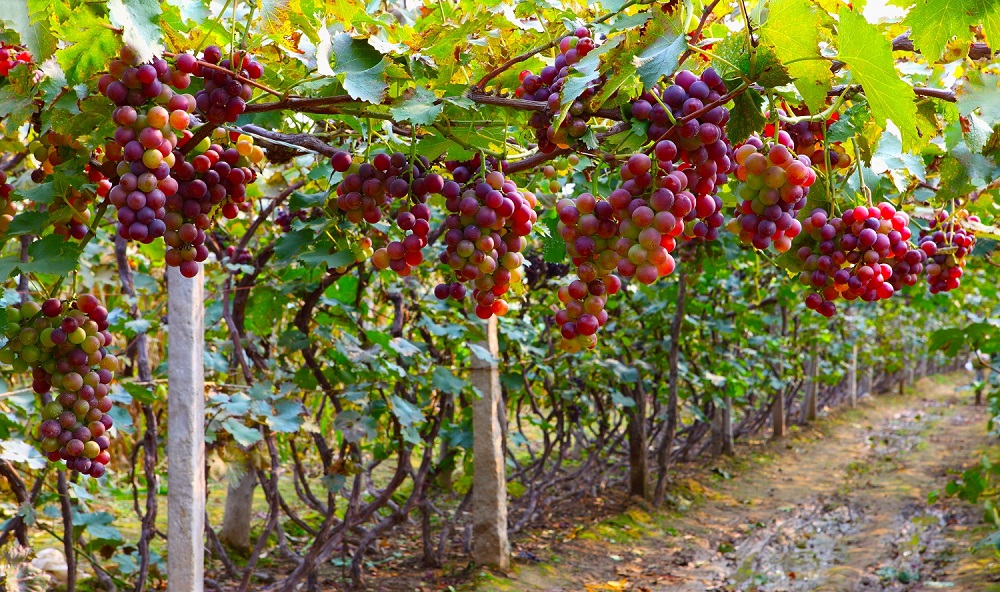South Africa: Rains delay table grape harvests in key region

Packing in South Africa’s Hex River table grape production region has been delayed this week due to summer rain over the past weekend.
Producers in the region expect to resume packing towards the end of the week, association the South African Table Grape Industry (SATI) said.
The rains in the Hex River valley were not accompanied by the strong winds that lashed the Cape Peninsula over the same weekend, it added.
Fortunately, the potential impact of the rain is limited to only the grapes that were ready for harvest at the time. Most of this region’s early and more sensitive cultivars have already been harvested, following an earlier start to the season. Producers have also placed grapes under plastic for protection.
The bulk of the Hex River crop is made up of mid- to late cultivars, which are stronger and still unripe, which means that negative effects of the rain were limited, SATI said.
In fact, there is even relief in some areas where water availability was a concern. The crop estimate for this region remains unchanged and the outlook positive.
Meanwhile, the Berg River region, which received minimal rain, is packing as normal.
In week two this year, weather conditions in the Hex River region had been described as ideal.
The organization is currently forecasting exports of between 59.55m and 66.3m cartons of table grapes. Last season a total of 61.13m cartons were packed for export.
By week 1, South Africa had exported 23.4m cartons of grapes - compared to 21.7m registered by the same week last year. This rise was driven by higher intake from all production regions except the Northern Provinces.
SATI will release the bi-weekly industry newsletter as per normal later this week, which will contain a full update on intake and export figures, as well as the regular update on all five production regions.















































